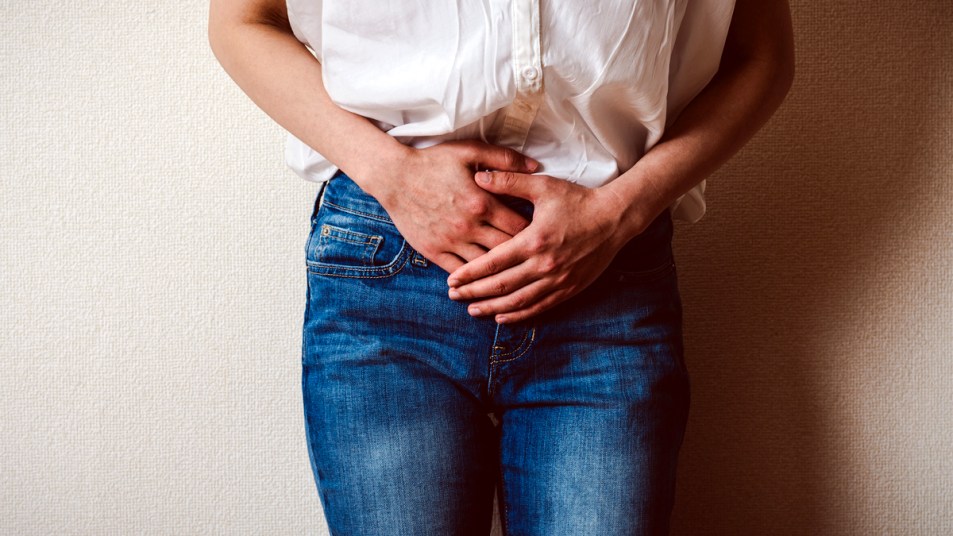How Can a UTI Cause Sepsis — And What’s the Best Way to Avoid It?

The tragic passing of Tanya Roberts last week stunned fans of the former Bond Girl and That ‘70s Show actress. Roberts was just 65 and had reportedly developed urosepsis — a specific type of sepsis caused by a urinary tract infection (UTI). Considering how common UTIs are, many of us are now understandably worried about our own health risks.
The Sepsis Alliance claims most UTIs are easy to treat with antibiotics and shouldn’t get worse if they’re addressed quickly. Making sure to drink lots of water while the antibiotics do their job can help flush the infection from our system, too. The organization also stresses that we shouldn’t stop medication before the dosage is finished just because we might start to feel better. Lingering bacteria could be hiding out and waiting to mess with us again, so take every pill.
When UTIs go unnoticed, ignored, or are otherwise left untreated, however, is when life-threatening urosepsis can develop. This can happen when an individual has less sensation in the area or they are unable to communicate their symptoms, which can be common in older adults because of cognitive decline or speech problems. Others might simply hope the UTI goes away on its own rather than seeing their doctor. Treating just the symptoms, not the infection itself, with over-the-counter pain relief medicine like Azo (Buy at Walmart, $7.67) can also cause problems if you don’t follow up with an antibiotic, too.
Signs of a worsening UTI include fever, pain in your back where the kidneys are located, nausea, and extreme fatigue. In these cases, if urosepsis develops, a recent study found 30 to 40 percent risk of fatality — which illustrates just how important it is to act fast.
Like any infection, paying attention to our bodies and getting treatment as soon as possible is the key to avoiding any dangerous developments from a UTI. Unfortunately, women are more prone to this condition in general — especially as we age. Not only is our anatomy more vulnerable, once we’ve had a UTI, we’re more likely to get another down the line. Our fluctuating hormones don’t help much, either.
Drinking plenty of water throughout the day, not holding it in when we feel the need to use the restroom, wiping front to back, and cleaning up after sex can all help prevent a UTI in the first place.
















